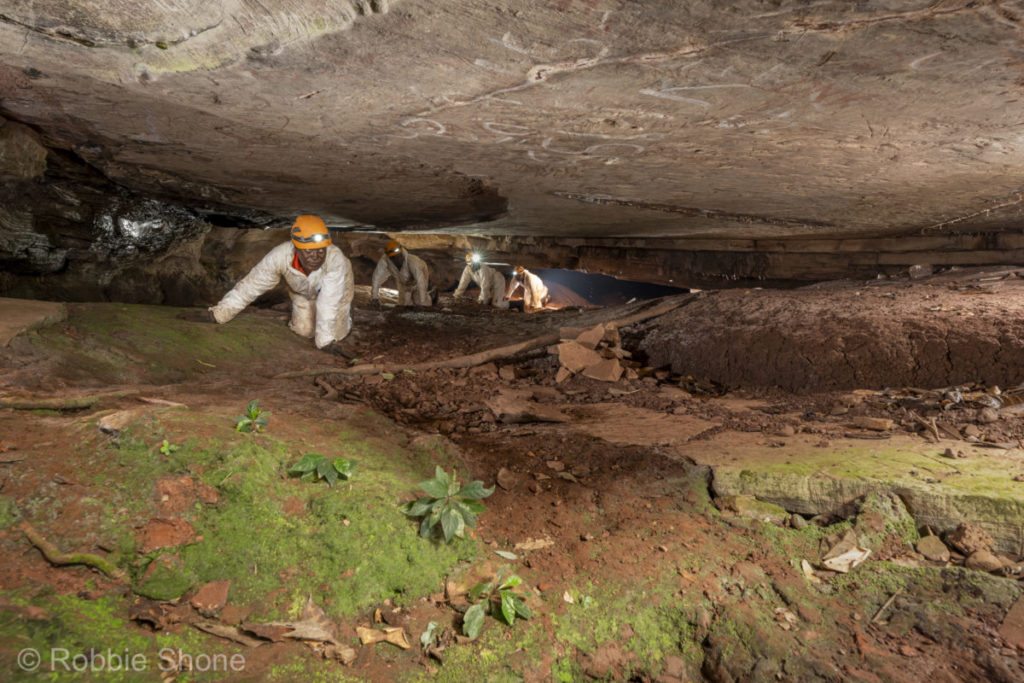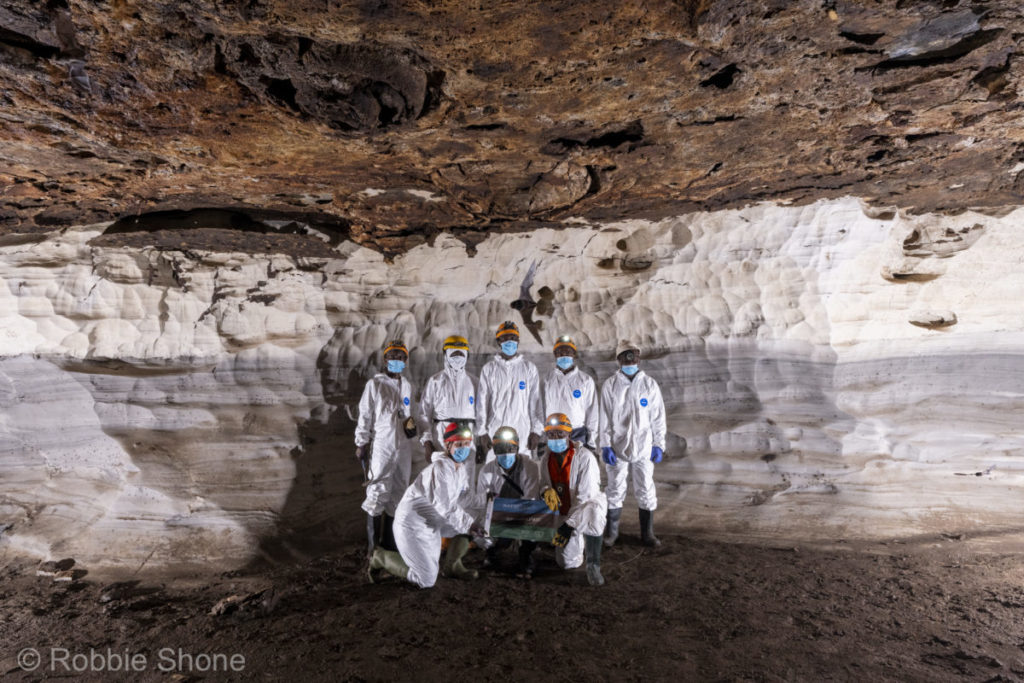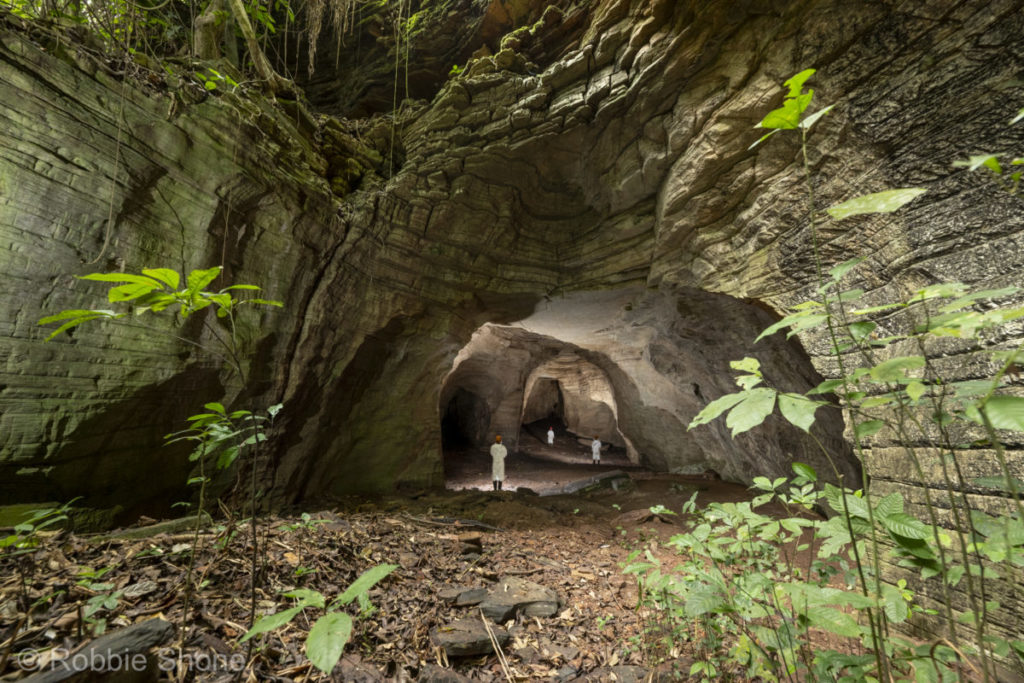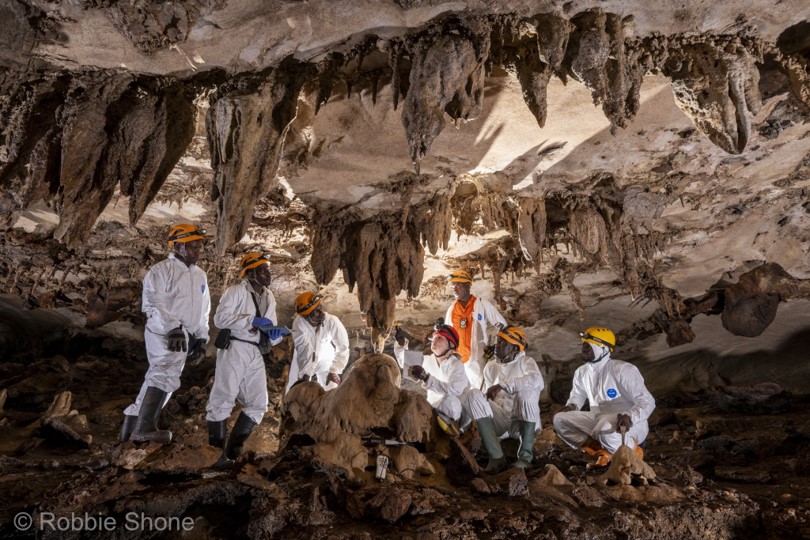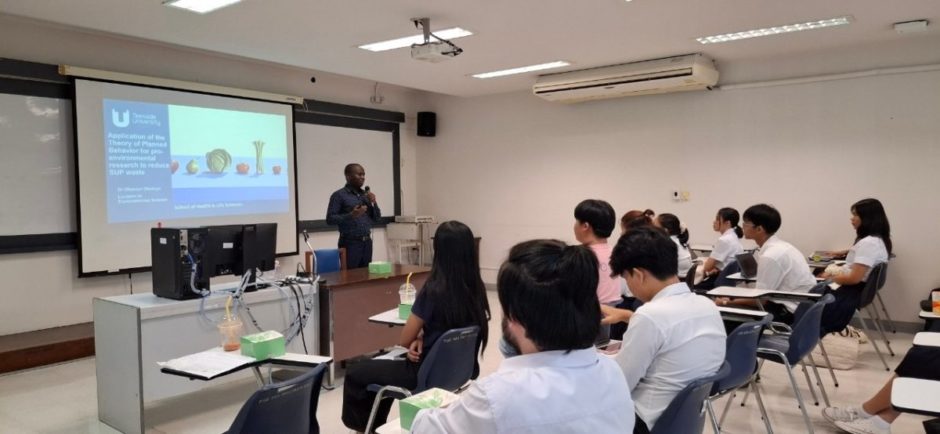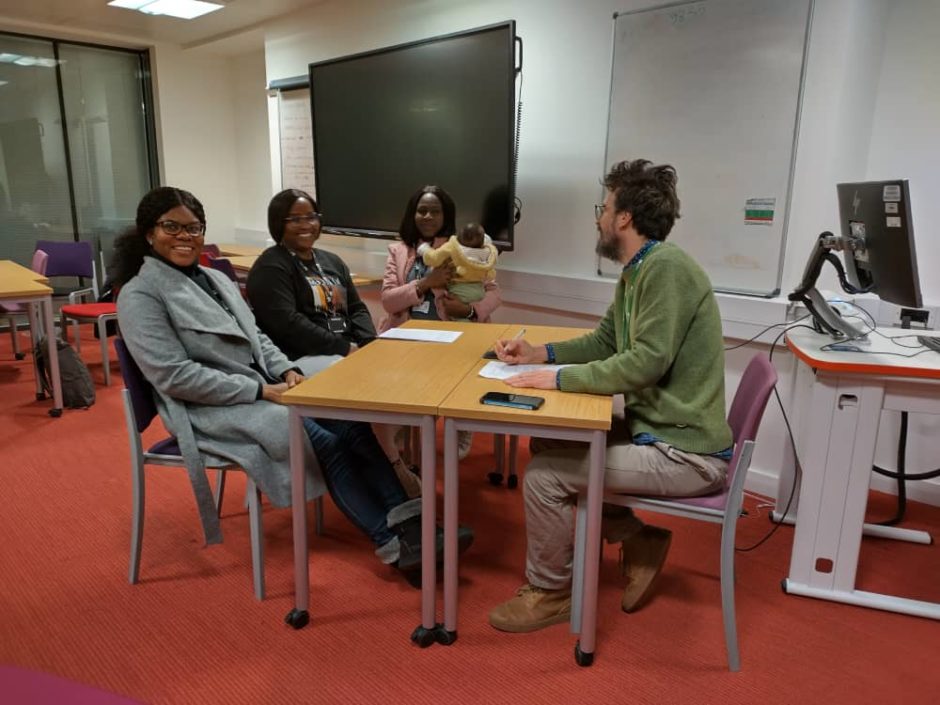We are proud to share that our MSc Environmental Management student, Babatunde Oluwadamilola, has published a peer-reviewed article titled “Beyond fast fashion: consumer behavior, microfibre pollution, and sustainable fashion choices in the UK” in the Journal of Environmental Studies and Sciences (Springer Nature).
This timely and policy-relevant study explores the often-overlooked issue of microfibre pollution from the fashion industry, shedding light on how UK consumers perceive and respond to the environmental impacts of clothing choices.
Drawing on the Theory of Planned Behaviour (TPB), extended with variables such as mitigation strategies, age, and income, the research analysed survey data from 350 UK participants using multinomial logistic regression and path analysis. The study found that:
-
Perceived behavioural control was the strongest predictor of intention to adopt sustainable fashion practices (β = 0.67),
-
Followed by subjective norms (β = 0.54) and attitudes (β = 0.28),
-
Mitigation strategies—including eco-labelling and public awareness campaigns—boosted these predictors significantly, both directly and indirectly,
-
Age and income further shaped the effectiveness of these drivers, with older and higher-income consumers showing stronger pro-sustainability intentions.
This research contributes important insights into the behavioural dimensions of environmental sustainability and provides evidence-based guidance for reducing fashion-related microfibre pollution.
We congratulate Oluwadamilola on this achievement, which exemplifies the impact and real-world relevance of student research in our department.



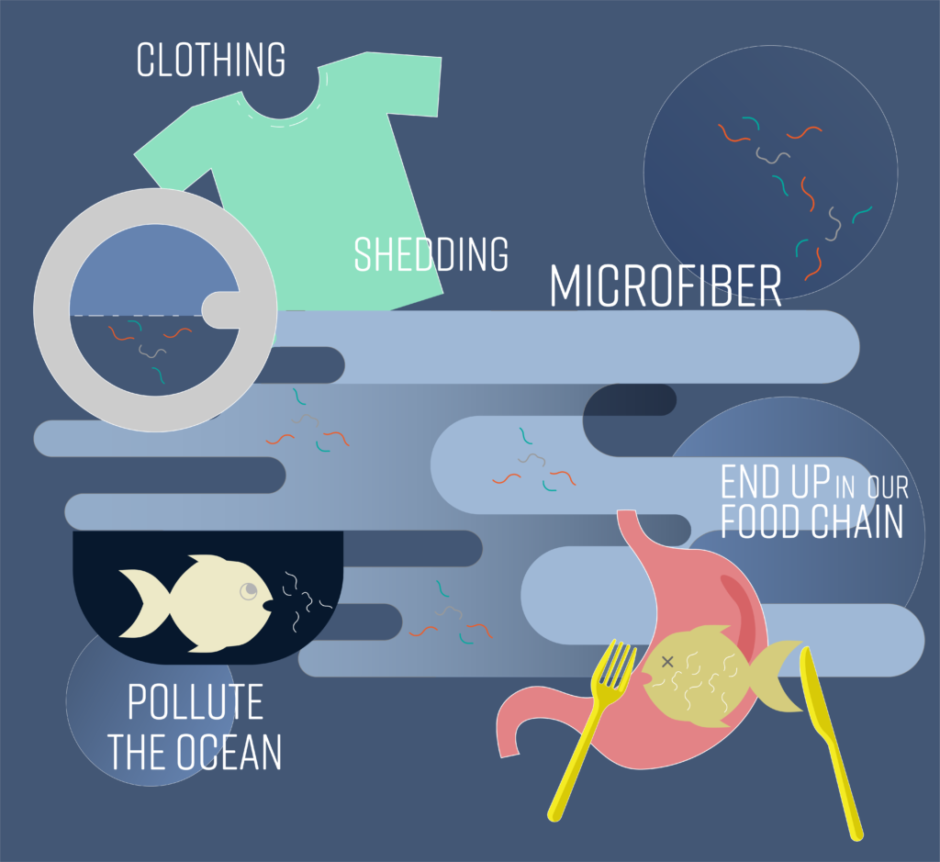
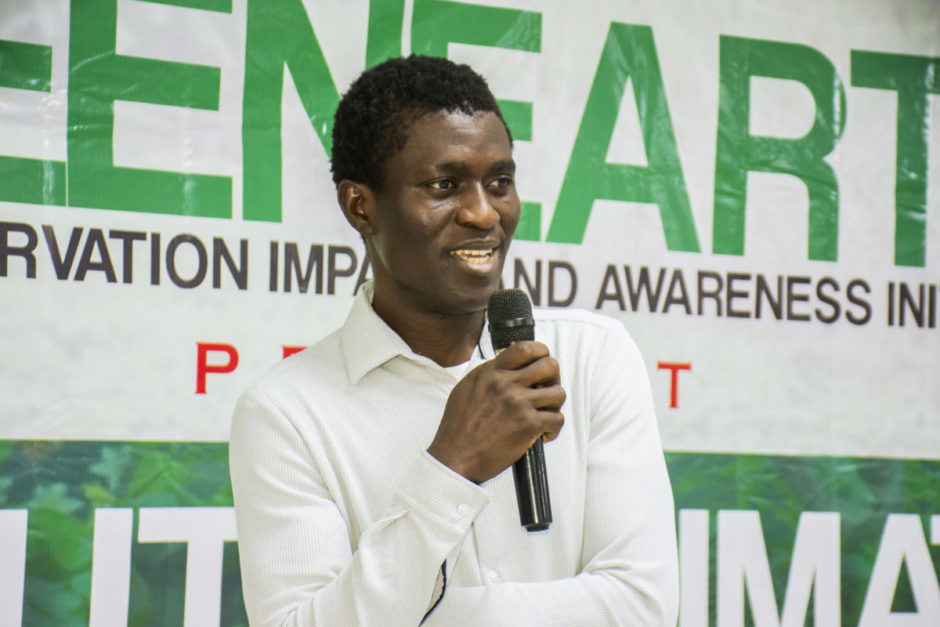
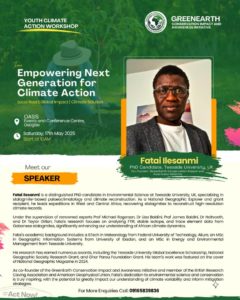
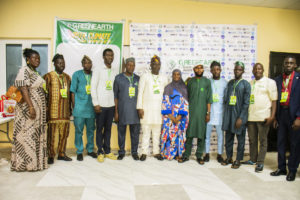
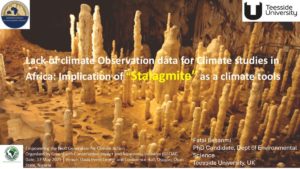
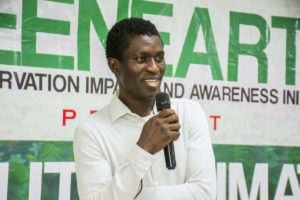
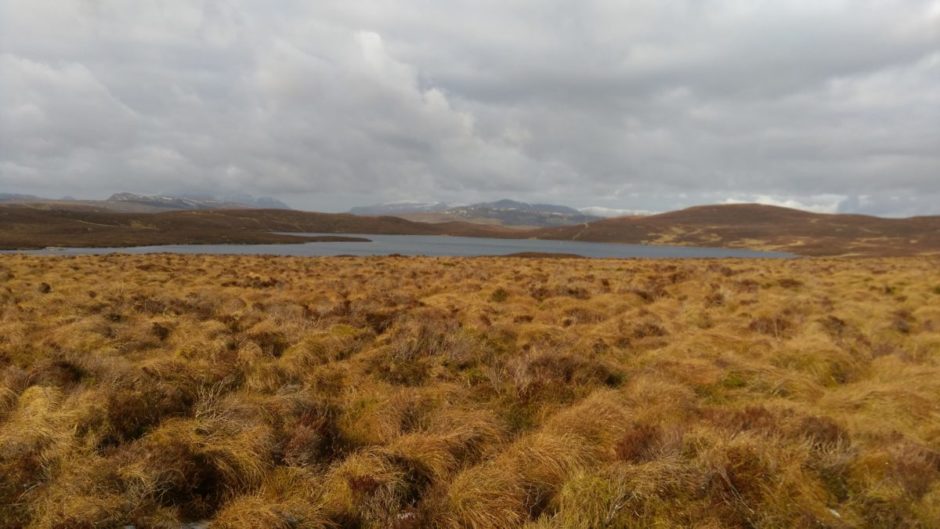

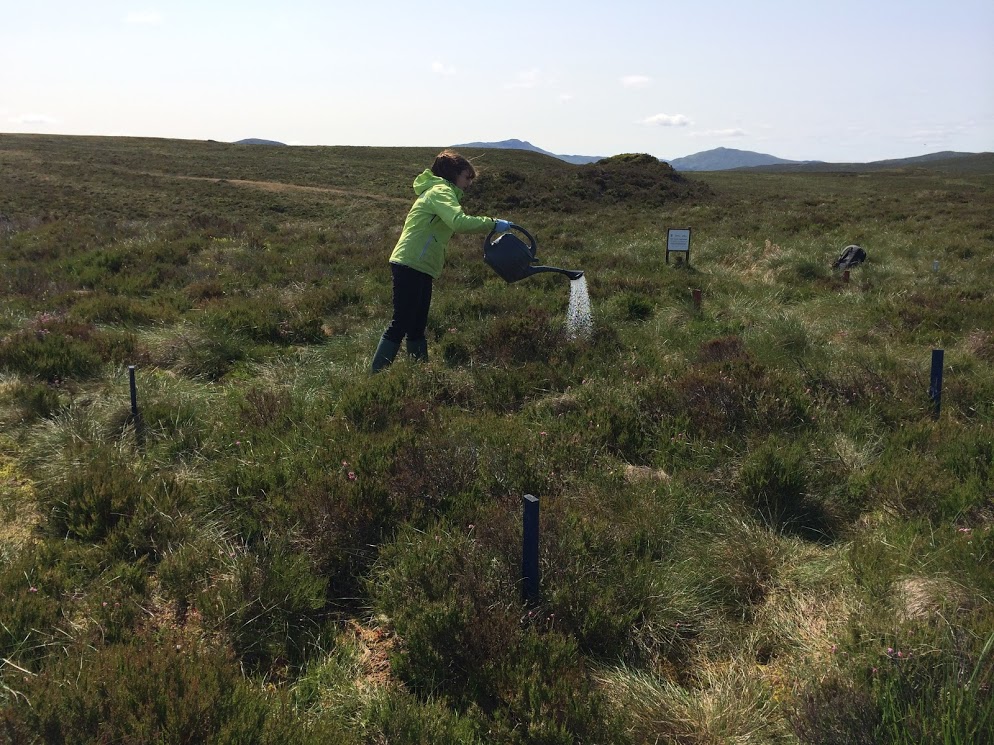
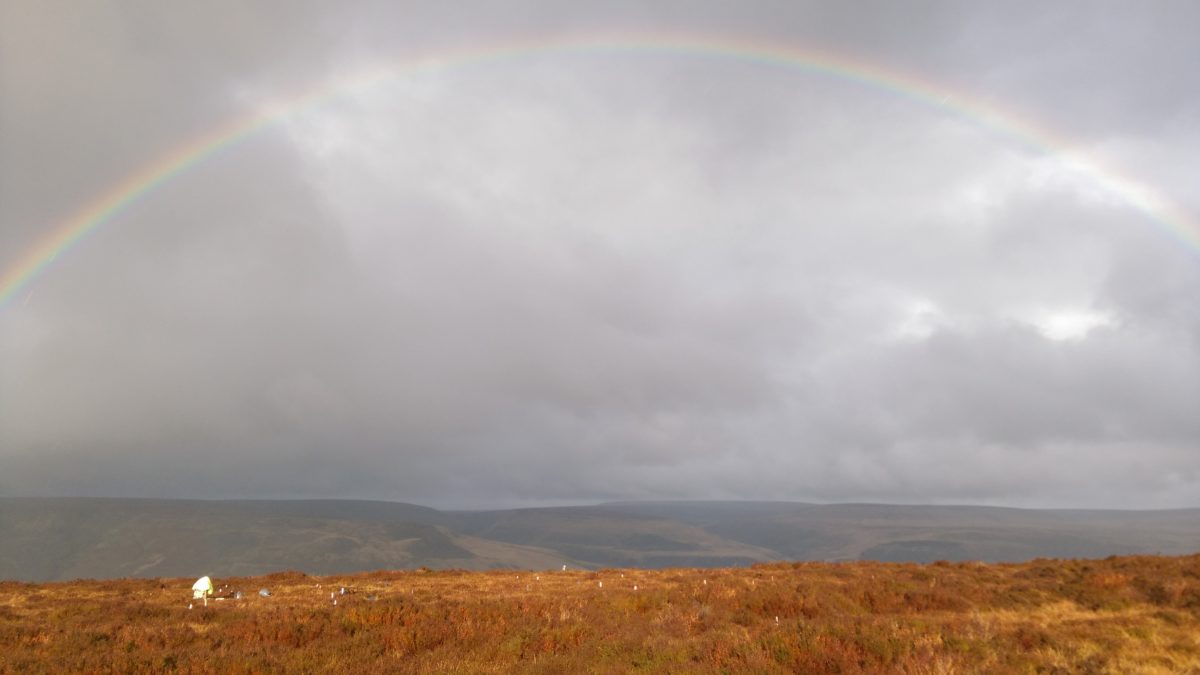
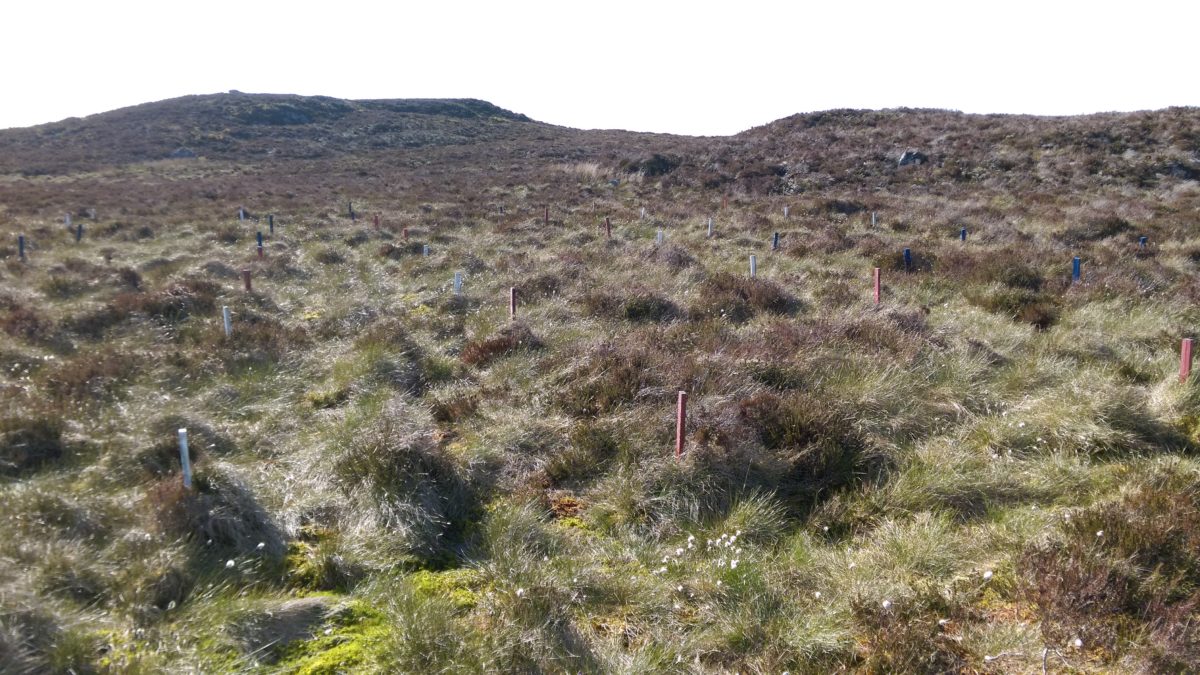
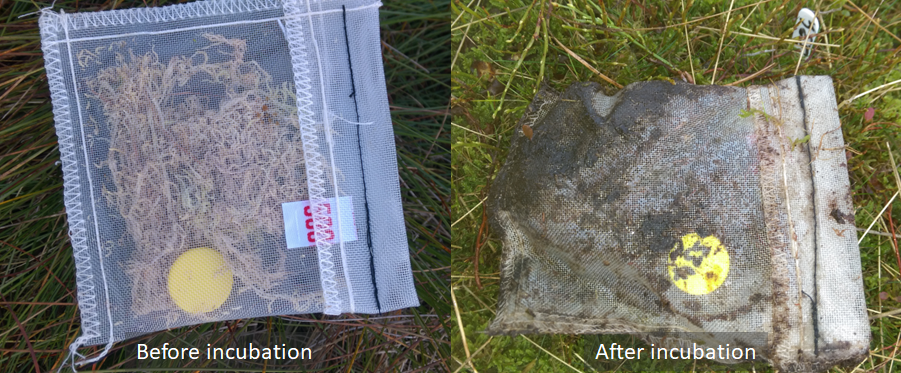
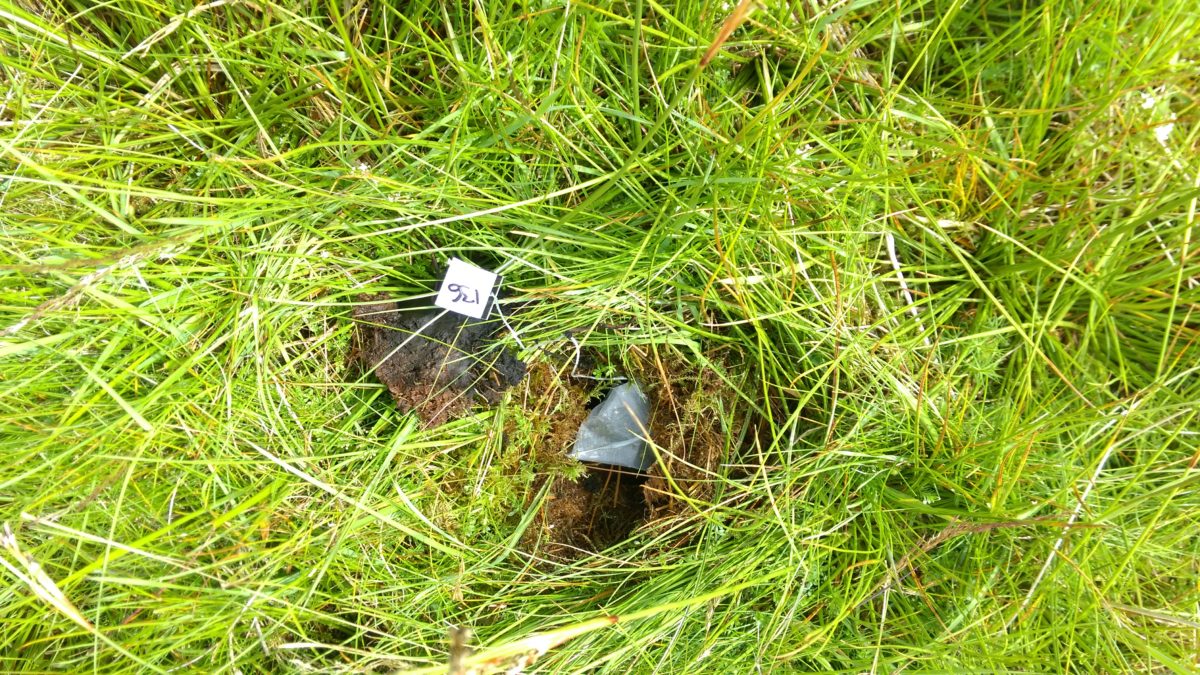
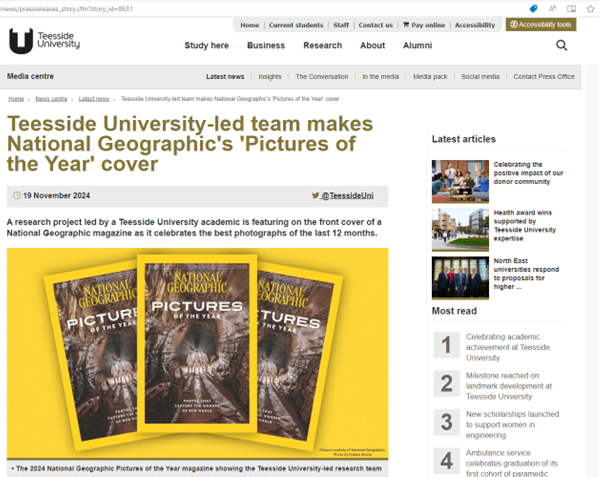
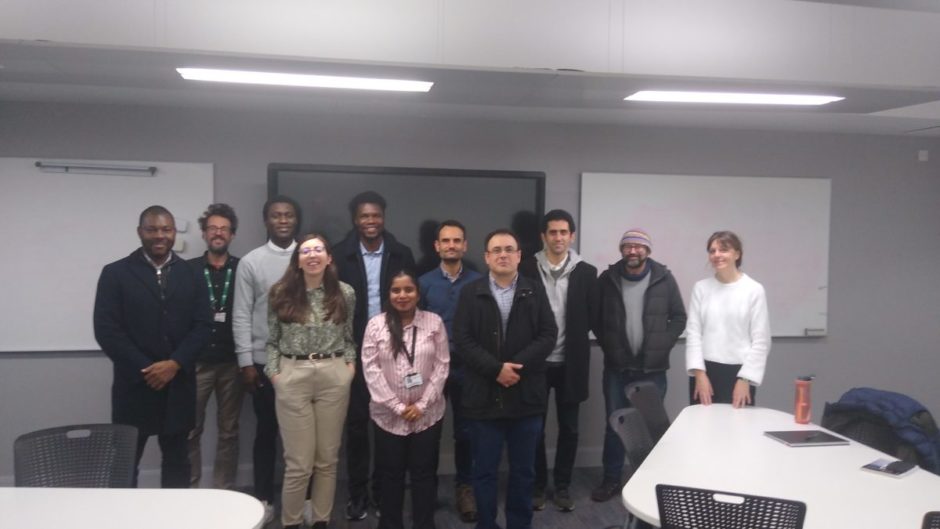
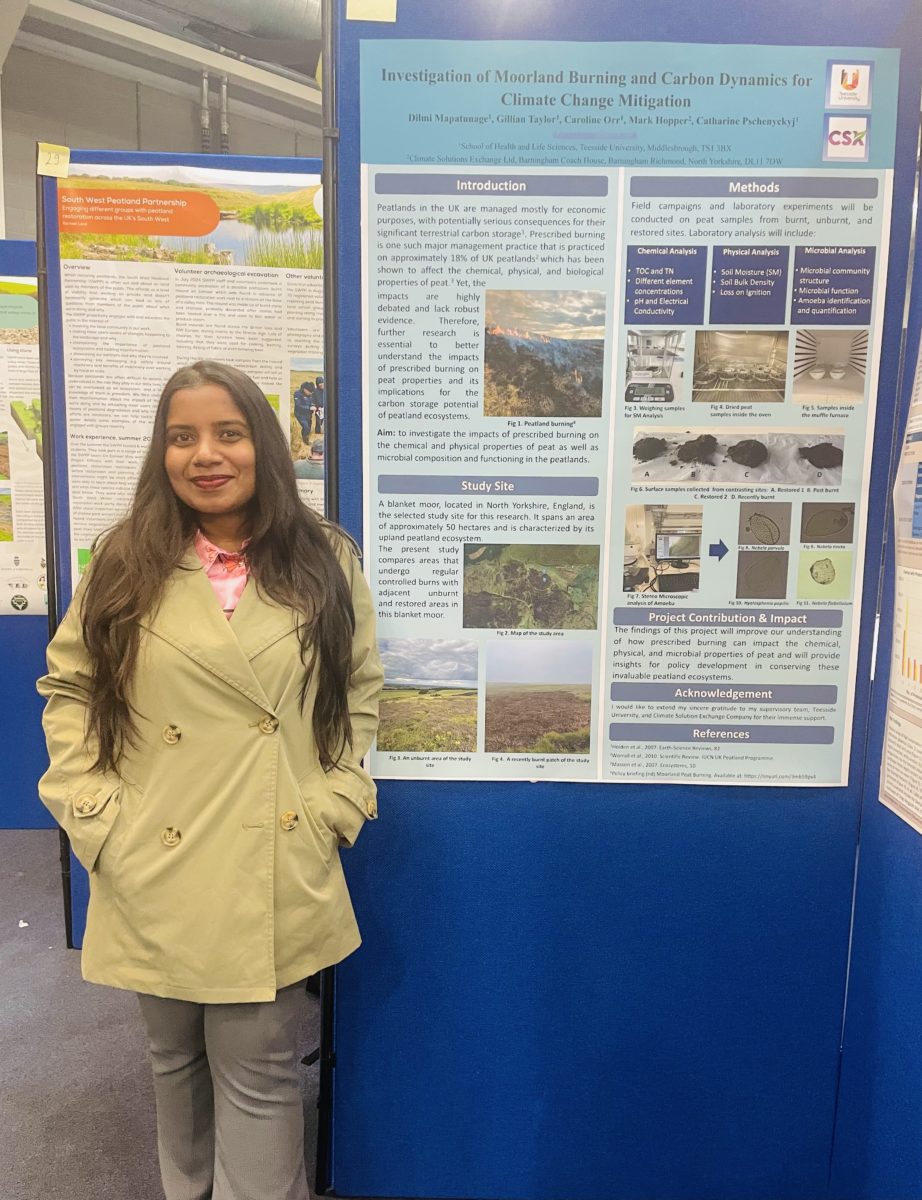
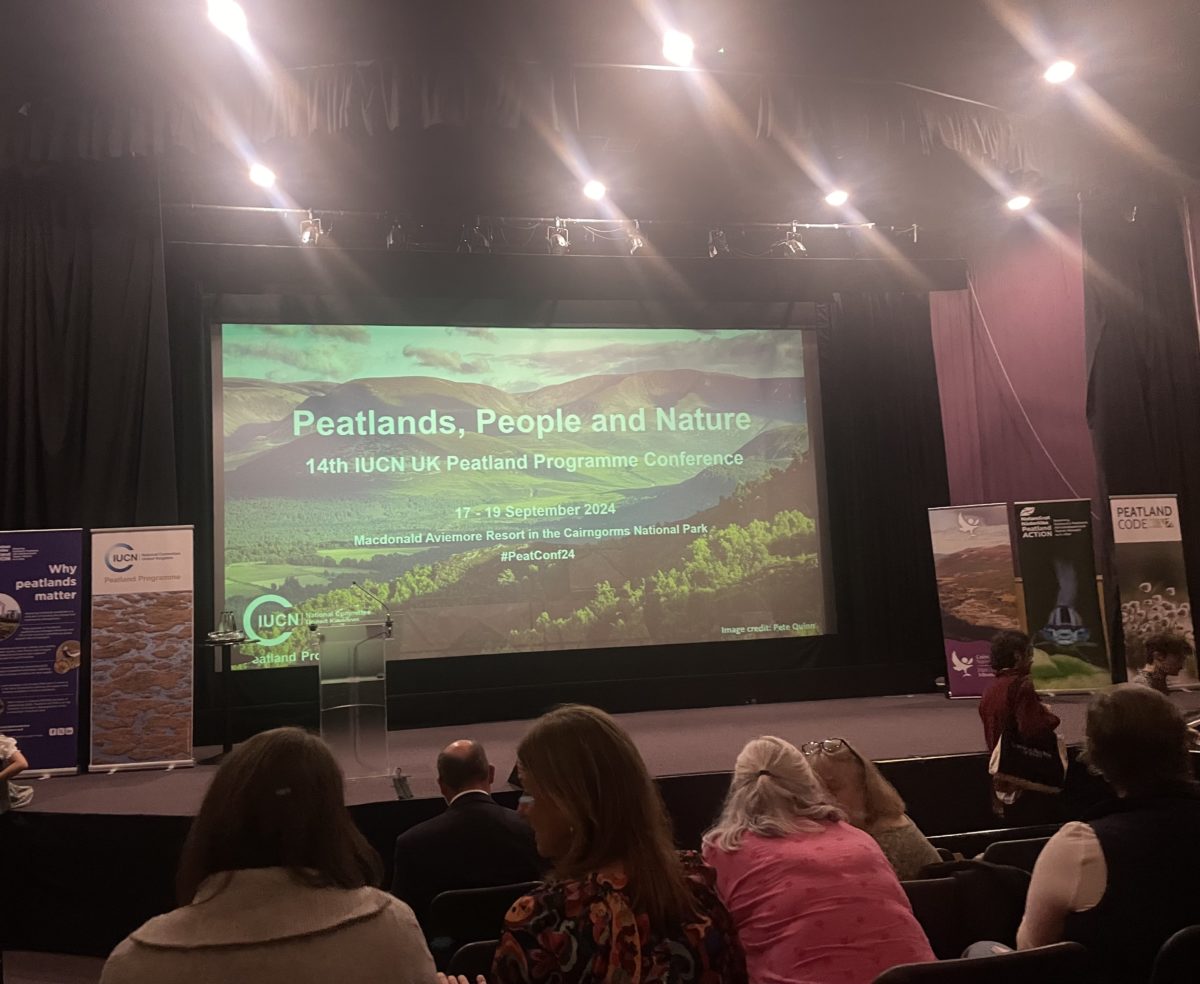
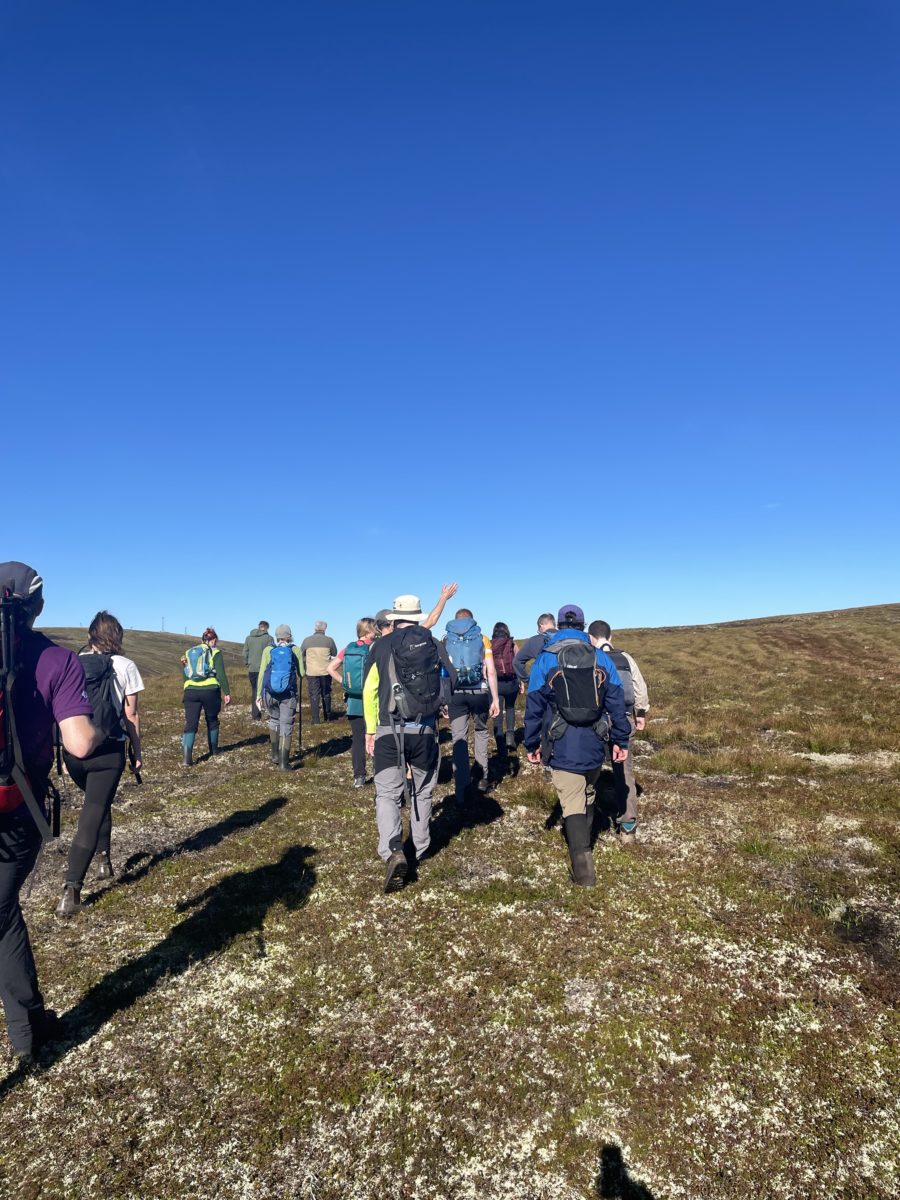
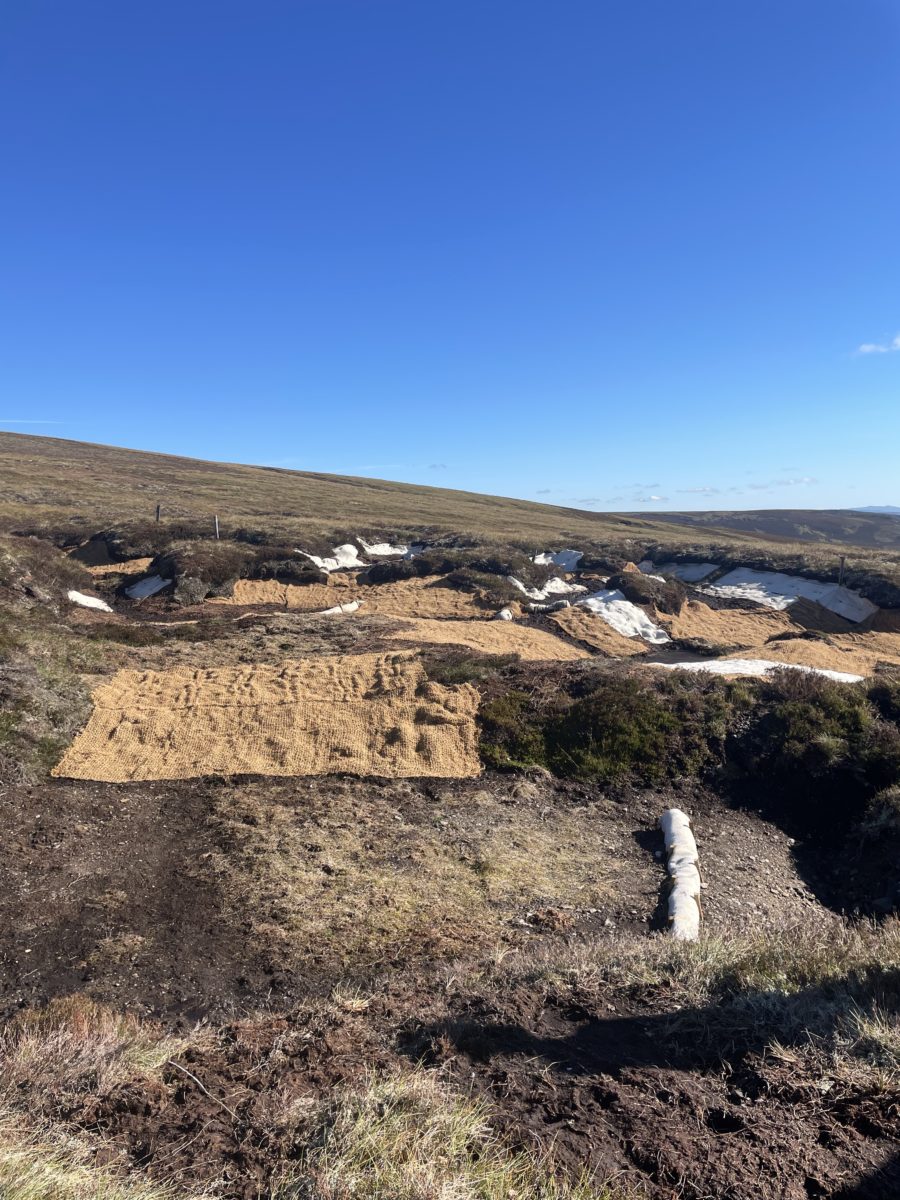
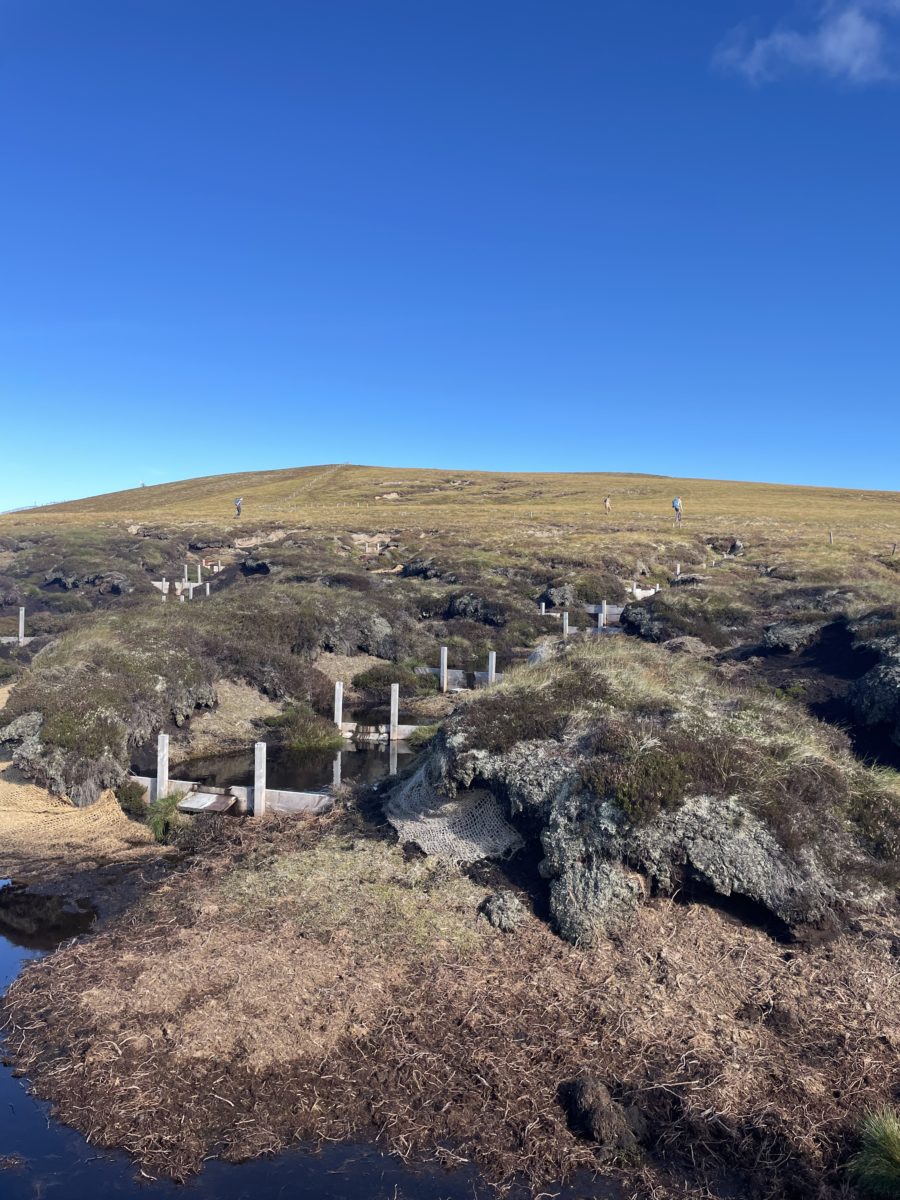
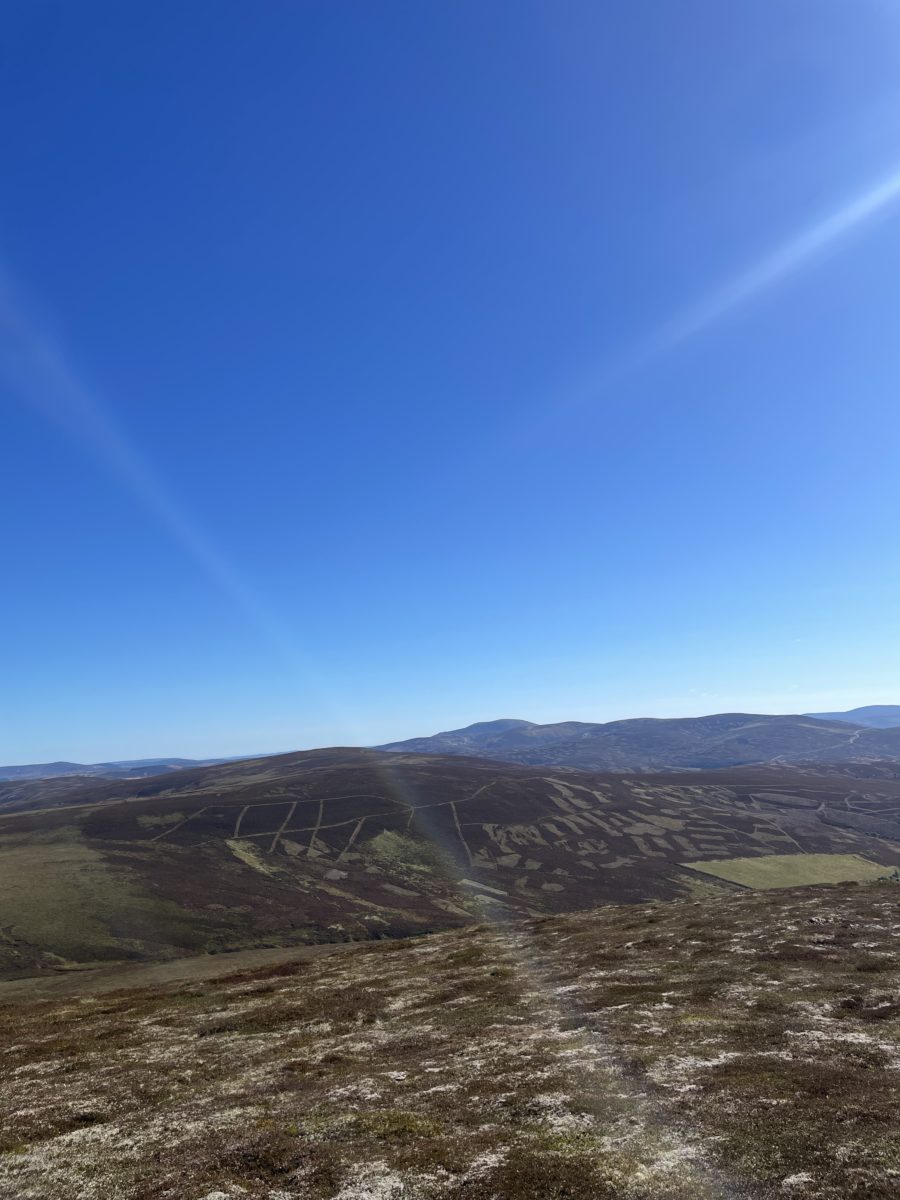
![BPIW2953[1]](https://blogs.tees.ac.uk/environment/files/2024/09/BPIW29531.jpg)
![IMG_4764[1]](https://blogs.tees.ac.uk/environment/files/2024/09/IMG_47641-768x1024.jpg)
![IMG_4786[1]](https://blogs.tees.ac.uk/environment/files/2024/09/IMG_47861-1.jpg)
